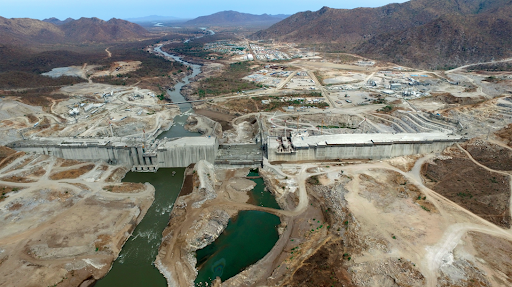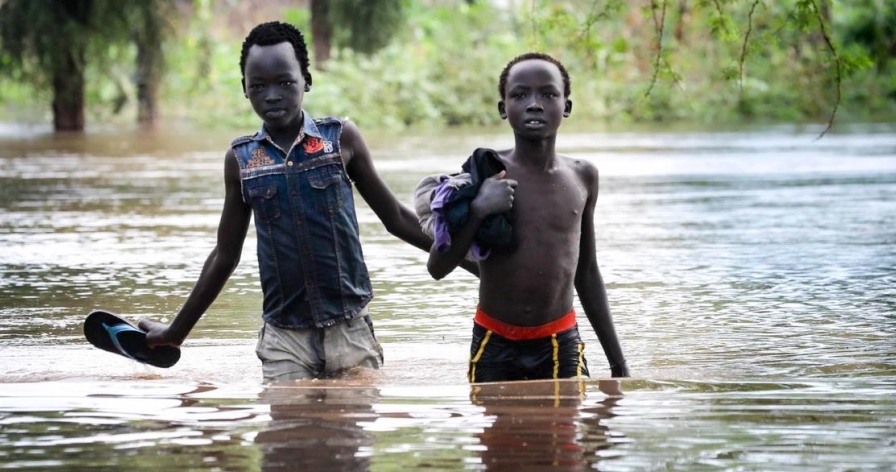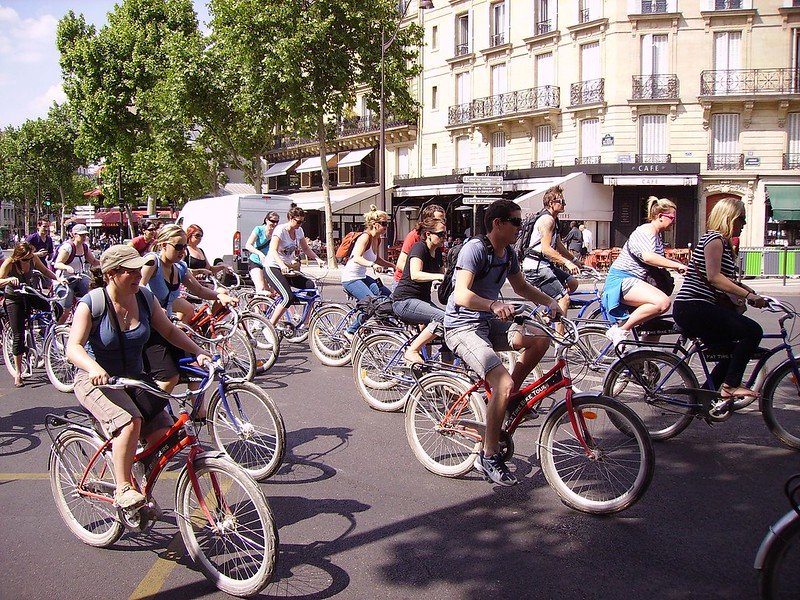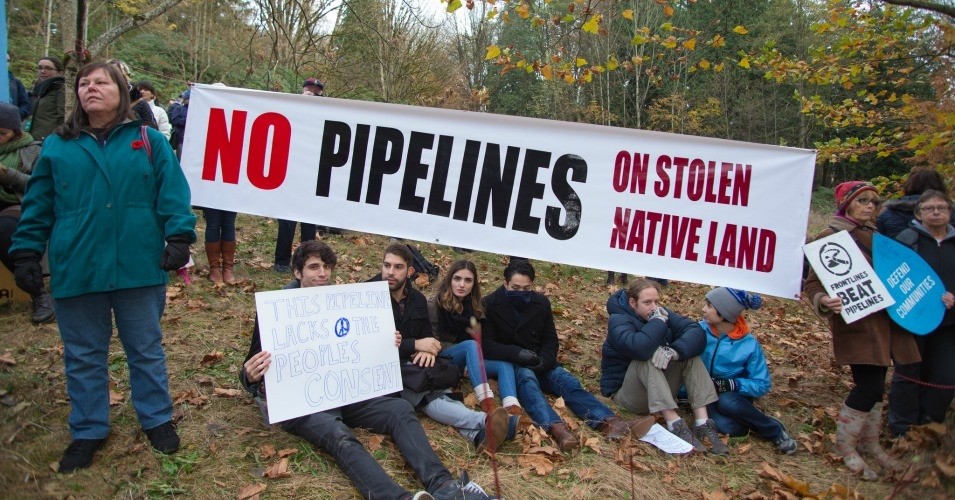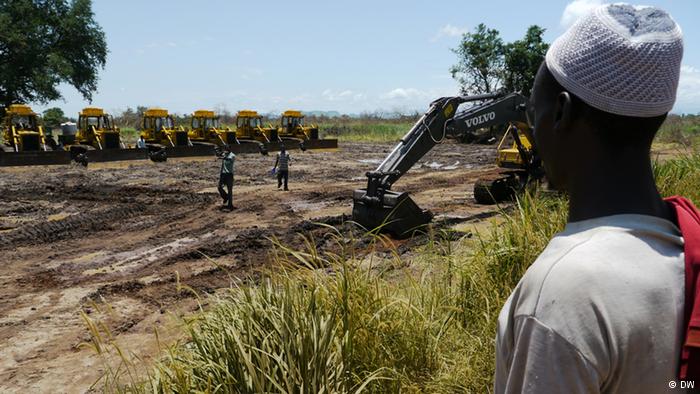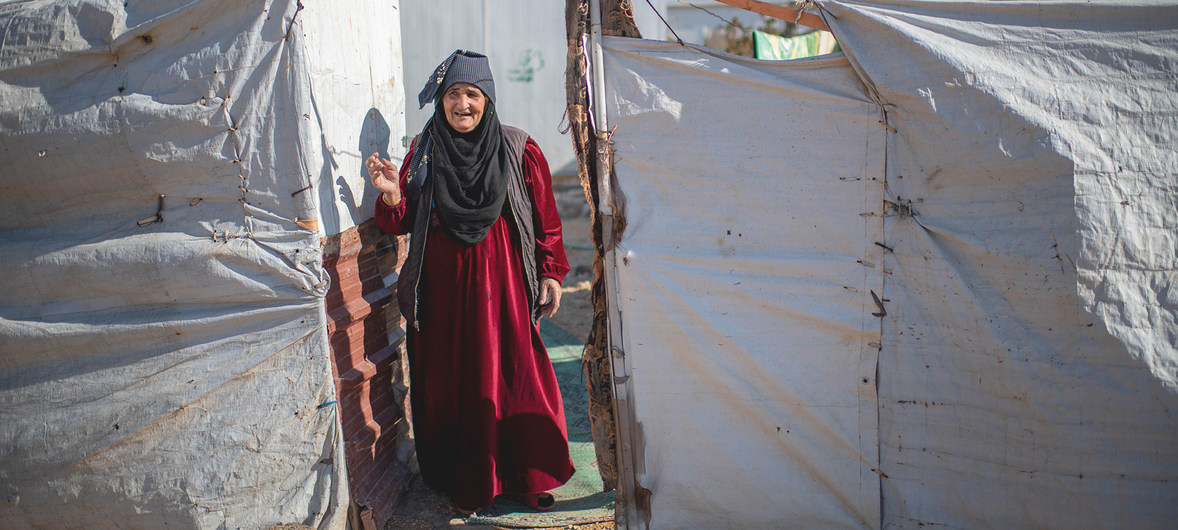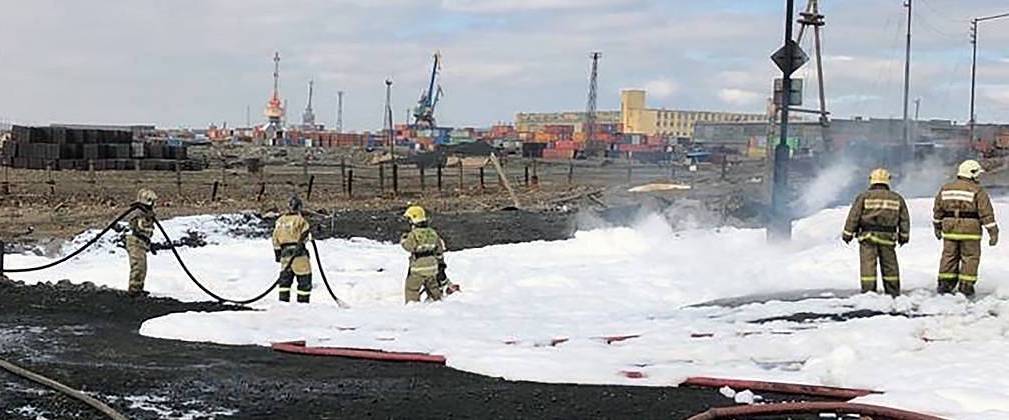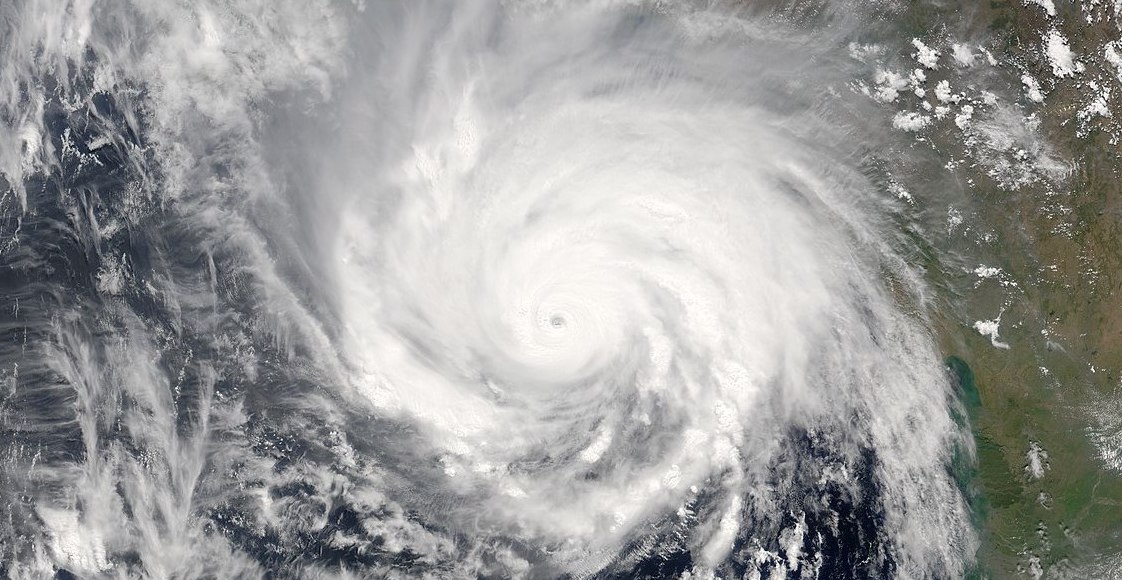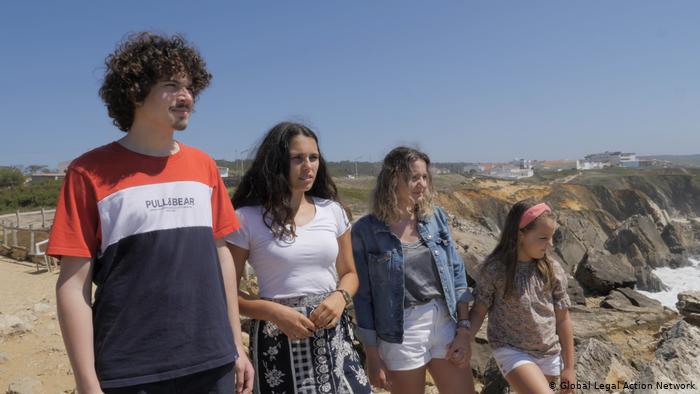
International youth file climate change lawsuits
Six Portuguese young people have filed a legal complaint at the European Court of Human Rights (ECHR) in Strasbourg, France, accusing 33 countries of violating their right to a secure future by failing to take action to mitigate the climate crisis. The youths aged 12 through 21, represented by the Global Legal Action Network (GLAN), are targetting countries whose policies on carbon emission reduction they say are too weak to meet the 1.5 degrees Celsius goal of the Paris Agreement, citing the country ratings of the Climate Action Tracker. Named in the suit are the 27 European Union member states, as well as the United Kingdom, Switzerland, Norway, Russia, Turkey and Ukraine. A similar legal action has been launched by a group of youth in Australia, seeking an injunction to stop approval of a license extension at Whitehaven Coal‘s Vickery mine in New South Wales, arguing that it would threaten the futures of young people all over the world by exacerbating climate change. (Photo: GLAN)



